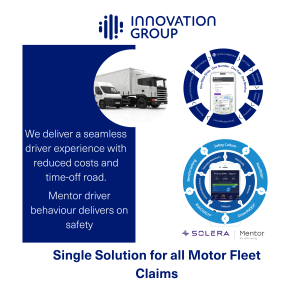ANCAP slams ACCC neglect of safety ratings in consumer study
Australasian New Car Assessment Program (ANCAP) has cried foul of the Australian Competition and Consumer Commission (ACCC) market study looking into consumer buying habits and feedback in the new car retail industry.
ANCAP has shown its disapproval for the lack of consideration for safety ratings as a significant influence for purchase habits.
“Unfortunately the issues paper released by the ACCC fails to recognise the importance of safety rating information as a key element in the new car buying process,” ANCAP CEO James Goodwin said. “A recent study showed nine in ten vehicle buyers believe ANCAP safety ratings should be displayed on all cars.”
“This study is in important step in understanding consumer needs in a changing and competitive marketplace,” Goodwin said, “but information about vehicle safety and how safety is presented in showrooms and advertising should be a focus area.”
The study calls for submissions and will investigate industry practices to asses the marketplace ensuring competition and consumer rights are being respected and what risks they may be exposed to. The ACCC market study paper will cover:
-compliance with consumer guarantees obligations and the ability for consumers to enforce their rights;
-interaction between consumer guarantees, manufacturer warranties and dealer extended warranties;
-the effect on consumers of post-sale service arrangements such as repairs and servicing etc;
-availability and access to repair/servicing information and data for new cars;
-false, misleading and deceptive practices in fuel consumption, CO2 emissions, noxious emissions and overall car performance.
ACCC Chairman Rod Sims acknowledges on the Commission’s website that complaints flow in regarding the new car marketplace, and the large financial consideration buyers make when forking out.
“ACCC and Australian Consumer Law agencies continue to receive a high volume of of complaints from consumers about new cars and this market study will help identify any systemic issues across the sector,” Mr Sims said.
“A new car is one of the most significant purchases that a consumer will make and issues with these purchases can have a significant financial consequence.”
With late-model cars like the Haval H9, LDV V80, Tata Xenon, Suzuki Celerio and even European vehicles like BMW’s M2, the Audi TT and Mini Cooper hatch selling in the Australian market with only four-star ANCAP safety ratings, a study that looks at buyer expectations seems particularly aloof to not include safety ratings in the latter German-made cars.
“Consumers invest significant amounts of money in a new car purchase so it is important to ensure safety information is correctly marketed and no competitive advantage is gain from brands or dealers through the misuse of safety ratings,” Mr Goodwin said.










